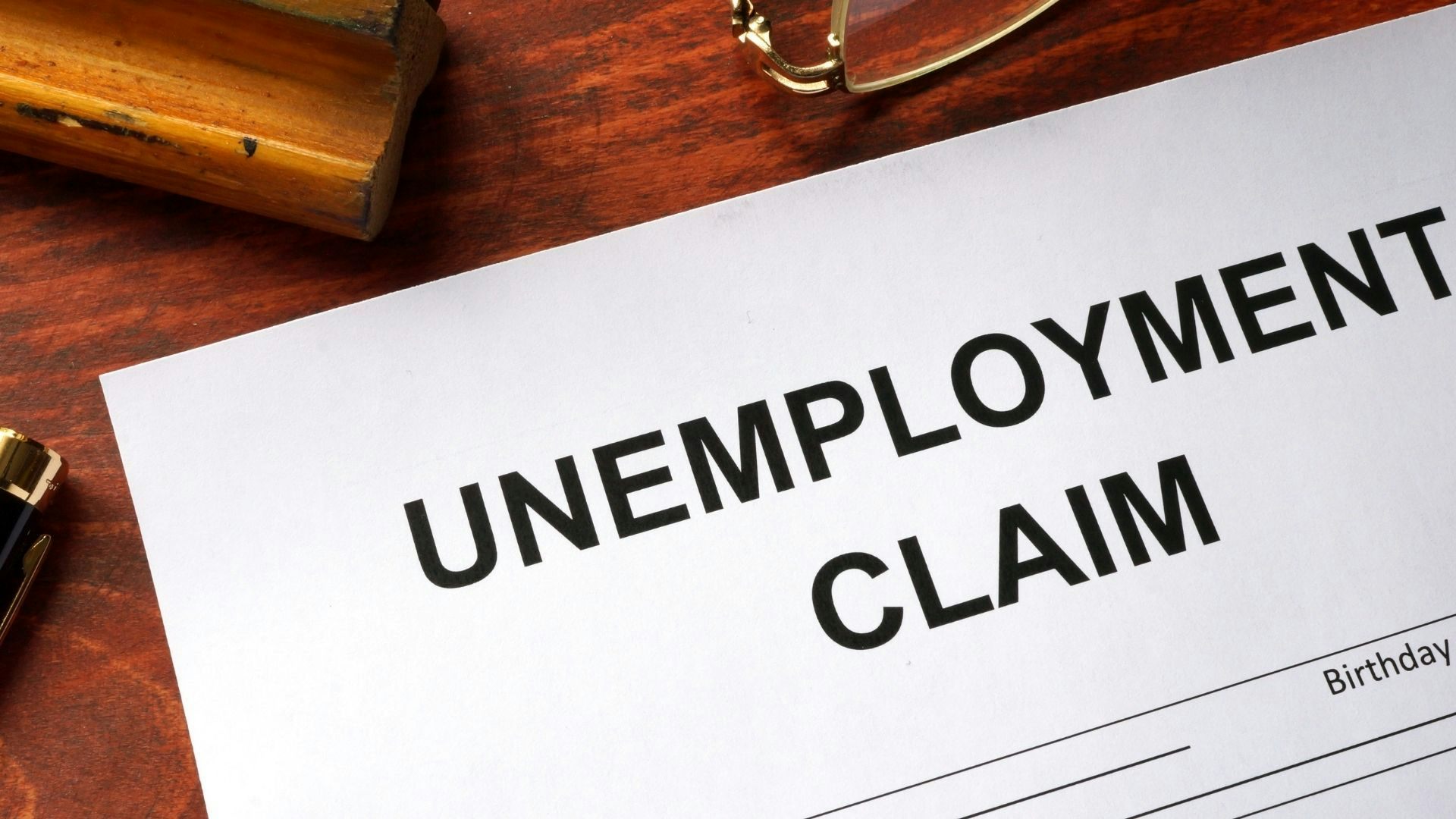2020 was an incredibly difficult year for many, especially those who found themselves jobless as businesses were forced to shut down. Record numbers of Americans were unemployed in 2020.
To help unemployment recipients recover, the latest stimulus bill, the American Rescue Plan, included some protections for them, including tax breaks so that people won’t need to pay taxes on their 2020 unemployment benefits. Unfortunately, however, the tax help won’t be available to everyone, because some states are passing their own rules requiring people to pay taxes on unemployment. Here’s what you need to know.
What Unemployment Provisions Are There in the Stimulus Package?
The American Rescue Plan, the $1.9 trillion stimulus package passed earlier this year, includes several key protections for unemployed people. A federal unemployment boost of $300 a week will be provided until September, and unemployment is now available for up to 53 weeks.
Perhaps most importantly, to protect unemployed people from facing a shocking tax bill at the end of the year, the American Rescue Plan made the first $10,000 in unemployment benefits tax-exempt for most borrowers. That provision, however, isn’t available for everyone, because 13 states have passed rules of their own requiring people to pay taxes on unemployment.
Which States Are Requiring Recipients to Pay Taxes on Unemployment?
13 states across the U.S. will be requiring taxpayers to pay full taxes on their unemployment benefits. Colorado, Georgia, Hawaii, Idaho, Kentucky, Massachusetts, Minnesota, Mississippi, North Carolina, New York, Rhode Island, South Carolina and West Virginia will all make taxpayers pay taxes on the full amount of their unemployment compensation.
Taxes in the U.S. are due in just over a month, on Monday, May 17th. For some recipients, paying taxes on their unemployment could leave them with a major bill, since most states do not deduct taxes when unemployment is distributed. In all other states, the tax exemption will be honored or no income taxes are collected at all.
Where Can You Get Help Filing Taxes?
If you are not in one of the states above, you won’t need to pay taxes on the first $10,000 of your unemployment benefits, but it’s still worthwhile to make sure you are paying taxes correctly.
No matter where you are located, you can get free tax help. TurboTax, H&R Block and even the IRS all offer free online tax filing services, and some accountants offer free or reduced-price tax filing for people in need. We often cover tax-related news on the Skip Blog as well, but recommend that you utilize a tax service when you file to make sure you have all the information you need.
Conclusion: Know the Tax Rules Near You to Be Prepared
Taxes vary widely by location, even when it comes to federal stimulus funding. Unfortunately, those in the 13 states above will need to pay full taxes on their unemployment, while those in other states will not be required to do so. Make sure to follow your local municipality’s info to be sure you pay the correct amount and avoid a fine later. In the meantime, you can follow along with us here on the Skip blog and app for more financial information.

